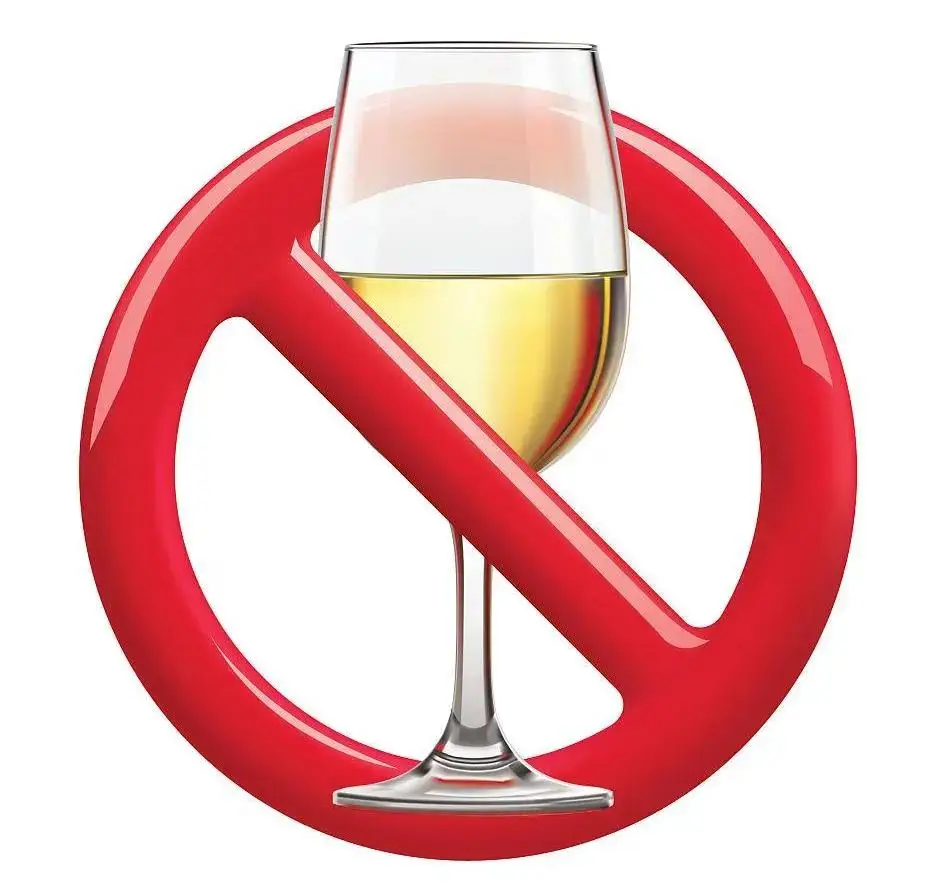The Unseen Link: How Alcohol Consumption Triggers Persistent Acne and the Path to Clearer Skin
For many adults struggling with persistent acne, the solution might be found not in expensive skincare products, but in something much more fundamental: their drinking habits. While the connection between diet and skin health has long been established, the specific impact of alcohol consumption on acne breakouts remains surprisingly overlooked in mainstream skincare discussions.
The biological mechanisms through which alcohol contributes to acne formation are multifaceted. When we consume alcohol, our bodies prioritize metabolizing it above all else, treating it as a toxin that must be processed immediately. This metabolic prioritization creates a cascade of effects that directly impact skin health. The liver, overwhelmed with processing alcohol, becomes less efficient at regulating hormones, particularly androgens which can stimulate oil production in skin glands.
Alcohol's dehydrating effects represent another critical factor. Contrary to popular belief, dehydration doesn't just mean your body lacks water—it signifies a fundamental imbalance that affects every cell, including skin cells. When dehydrated, skin becomes dry and irritated on the surface, prompting the body to overcompensate by producing more sebum. This excess oil, combined with dead skin cells and bacteria, creates the perfect environment for clogged pores and inflammation—the primary drivers of acne.
The inflammatory response triggered by alcohol consumption deserves particular attention. Alcohol metabolism produces byproducts that promote systemic inflammation throughout the body. For individuals with acne-prone skin, this means existing breakouts become more inflamed and painful, while new ones emerge more readily. The inflammatory markers circulating in the bloodstream directly affect the skin's condition, making it more reactive and less able to heal properly.
Hormonal disruption represents perhaps the most significant yet least discussed aspect of alcohol's impact on skin. Regular drinking can elevate cortisol levels (the stress hormone) and disrupt the delicate balance of estrogen and testosterone. These hormonal fluctuations directly influence sebum production and skin cell turnover rates. For women, particularly around menstrual cycles, alcohol consumption can exacerbate hormonal acne in ways that many don't attribute to their drinking habits.
The quality of sleep affected by alcohol consumption further compounds these issues. While alcohol might help people fall asleep initially, it dramatically reduces REM sleep and prevents the body from entering the deep restorative stages necessary for cellular repair and regeneration. During quality sleep, the body works to repair inflammation, balance hormones, and regenerate skin cells—all processes crucial for maintaining clear skin.

The journey to clearer skin through alcohol reduction follows a predictable yet inspiring timeline. Within the first week of abstaining, many notice reduced inflammation in existing breakouts and decreased redness. By the second week, hydration levels begin to normalize, and skin appears plumper and more radiant. After a month, hormonal balances start to readjust, leading to more regulated oil production. Long-term abstinence allows the body to fully recalibrate its inflammatory responses and healing processes.
Practical strategies for those looking to break the cycle include establishing alternative social rituals, understanding personal triggers, and developing new coping mechanisms for stress that don't involve alcohol. The skin's improvement often serves as powerful motivation—visible results that reinforce the positive choice to reduce or eliminate alcohol consumption.
The relationship between alcohol and persistent acne underscores a broader truth about skin health: our largest organ reflects what's happening inside our bodies. While topical treatments have their place, addressing internal factors like alcohol consumption often provides more dramatic and lasting results. For those struggling with stubborn adult acne, examining drinking habits might reveal the key to unlocking clearer, healthier skin—proving that sometimes the most effective skincare solution isn't found in a bottle, but in choosing what not to put in our bodies.




发表评论